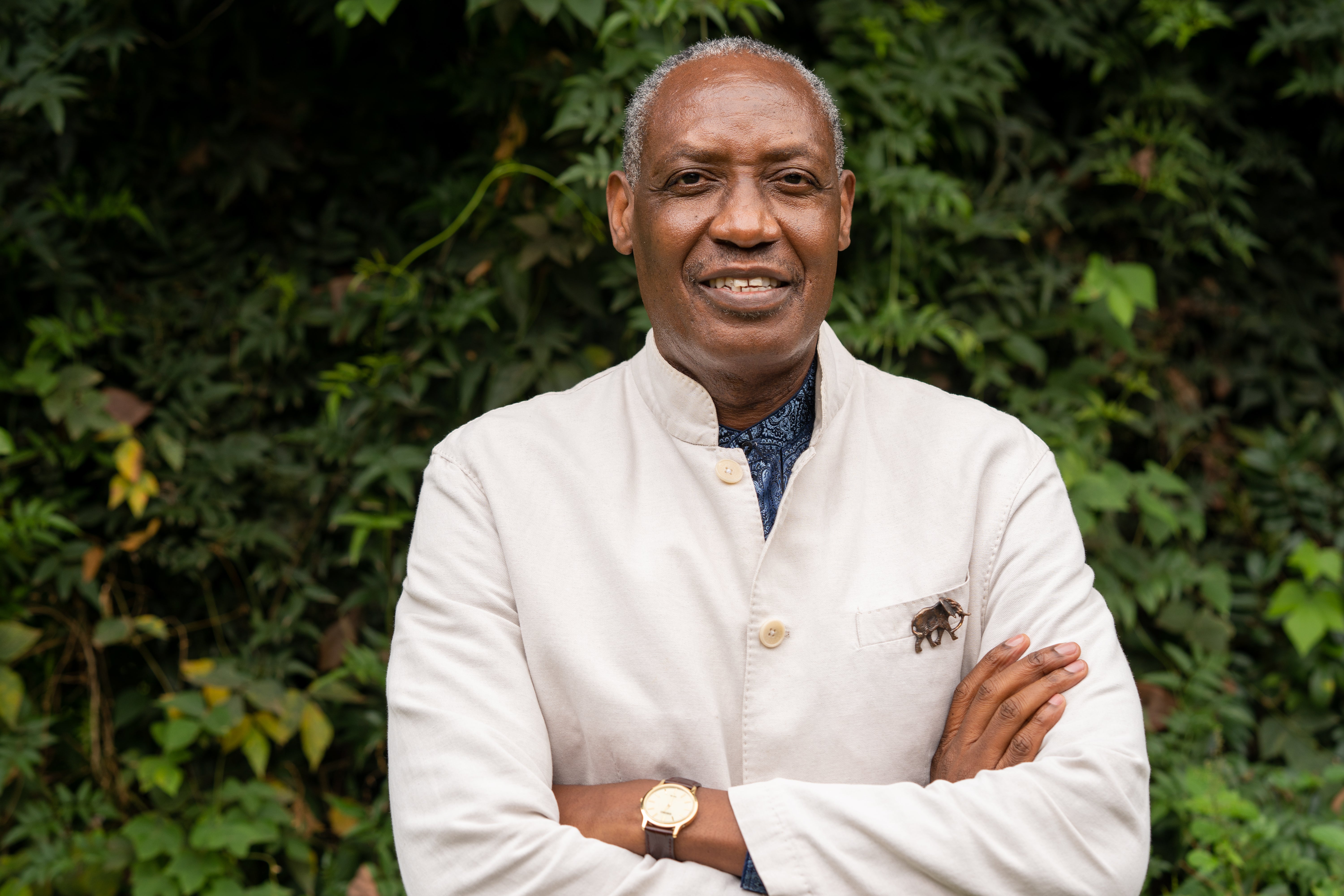Stopping illegal wildlife trade will save humanity
Kaddu Sebunya, Chief Executive Officer African Wildlife Foundation, on the need for a global multi sectoral intervention

Africa’s exquisitely beautiful wildlands that are home to iconic species unique to the continent have put us on the global map. The foundation of our natural ecosystems is built on the premise of Africa’s heritage: it’s wildlife.
Unfortunately, as it currently stands, the losses in diversity and richness of natural resources, ecosystem functioning and ecosystem services, is already negatively impacting the potential to realize sustainable development in Africa.
This same environment also directly supports the livelihoods of most Africans with a large proportion of the population being dependent on subsistence agriculture, natural water, cooking fuel, and materials for housing.
It is for these reasons that illegal wildlife trade (IWT) has been to say the least, a thorn in our flesh – in every literal sense.
This illegal trade not only robs us of our unique wildlife but also human health. The ongoing COVID-19 pandemic has been linked severally to wildlife trade.
The United Nations Office on Drugs and Crime (UNODC) classifies IWT as the fourth largest illegal trade in the world. It is especially a menace in East Africa since the region is both a source and transit point.
So, how can we change this?
As we all know the acknowledgement of wildlife crime as ‘serious crime’ in global pertinent legislation needs to be the first step, but unfortunately, over the years, we have witnessed scenarios of countries not walking the talk.
In Europe, Asia, and the US, we are yet to witness actual implementation of global CITES policies on illegal wildlife trade.
Until proper prosecutor laws and severe restrictions are entrenched in global judicial systems, the wide net cast on wildlife crime will remain empty.
What is most disconcerting is the modification of its increasing prominence in the online market. With the pandemic promoting more online interaction, through our cybercrime and counter wildlife departments, we have seen an increase in the proliferation of illegal wildlife products sale through the dark web.
A simple search for wildlife products on the internet will lead you to multiple buyers and sellers from every corner of the world. The largely unfettered online market has provided a free platform for the sale and purchase of wildlife parts.
This points to the evidently increasing need for a global multi sectoral intervention to amplify conservation efforts across the scales.
As long as the demand exists in these international markets, the killing and sale of wildlife products will see no end.
By now the whole world has witnessed the brunt of a global pandemic and while this fight is far from over, some measures governments can take include enacting laws to criminalize illegal wildlife trade and establishing cooperation at the government level to share intelligence on the illegal wildlife trade is critical.
We need to start seeing more source countries in Africa cooperating with international counterparts on trade routes and confiscated wildlife species.
To prevent the occurrence of even more severe pandemics we must see the complete shutdown of illegal wildlife trade markets for endangered species.
From both ends of the spectrum, governments must begin investing in awareness raising on the importance of wildlife species on and in the provision of sustainable alternative sources of livelihoods to communities.
For illegal wildlife trade to be given the prominence it deserves, we must shift our conservation approach.
We need to elevate conservation to the status of an economic, food security, freshwater safety, trade, and foreign policy issue that leads to sustainable development, in the eyes of governments and young people in Africa and beyond the borders.
Failure to halt wildlife crime will put us all at increased risk of opening the doors to more severe pandemics that could potentially wipe out the human race.
We must remember that humans, nature, and wildlife share one health therefore we cannot afford to return to “business as usual”.
Subscribe to Independent Premium to bookmark this article
Want to bookmark your favourite articles and stories to read or reference later? Start your Independent Premium subscription today.

Join our commenting forum
Join thought-provoking conversations, follow other Independent readers and see their replies